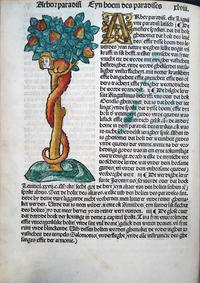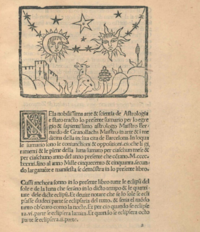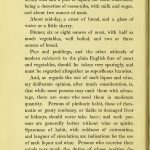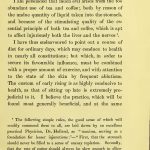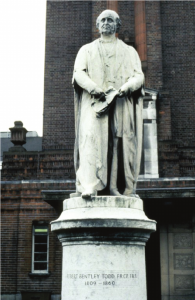The National Library of Medicine (NLM) is pleased to announce applications are open to its Michael E. DeBakey Fellowship in the History of Medicine, supporting research onsite at the NLM in its historical collections.
The NLM Michael E. DeBakey Fellowship in the History of Medicine provides up to $10,000 to support onsite research in the historical collections of the National Library of Medicine, which span ten centuries, encompass a variety of digital and physical formats, and originate from nearly every part of the globe. The collections also include the Michael E. DeBakey papers—representing the diverse areas in which DeBakey made a lasting impact, such as surgery, medical education, and health care policy—along with the papers of many other luminaries in science and medicine.
Anyone over the age of eighteen, of any academic discipline and status, who has not previously received this Fellowship may apply. Non-U.S. citizens may apply. Group applications should be submitted under the name of a single principal researcher.
For details about the application process and required documents, please visit this website dedicated to the Fellowship.
To apply for the NLM Michael E. DeBakey Fellowship in the History of Medicine, visit the online application portal.
To receive consideration, all required materials must be submitted to the Foundation for Advanced Education in the Sciences (FAES), via the online application portal, by midnight EDT, September 25, 2020. Selected fellows will be notified and awards will be announced in December.
For further information about the materials available for historical research at the National Library of Medicine, please visit https://www.nlm.nih.gov/hmd/index.html, or contact the NLM’s History of Medicine reference desk by email at NLM Customer Support or by phone 301-402-8878.
The Fellowship was established in 2016 and is supported by The DeBakey Medical Foundation, in honor and memory of Michael E. DeBakey (1908–2008), a legendary American surgeon, educator, and medical statesman. During a career spanning 75 years, his work transformed cardiovascular surgery, raised medical education standards, and informed national health care policy. He pioneered dozens of operative procedures such as aneurysm repair, coronary bypass, and endarterectomy, which routinely save thousands of lives each year, and performed some of the first heart transplants. His inventions included the roller pump (a key component of heart-lung machines) as well as artificial hearts and ventricular assist pumps. He was a driving force in building Houston’s Baylor University College of Medicine into a premier medical center, where he trained several generations of top surgeons from all over the world. He was a visionary supporter of the NLM, playing a pivotal role in its transformation from the Armed Forces Medical Library in the 1950s, in the establishment of the National Network of Libraries of Medicine in the 1960s, in launching NLM’s outreach initiatives in the 1990s, and in promoting the digitization of its indexes to pre-1960s journal articles.






